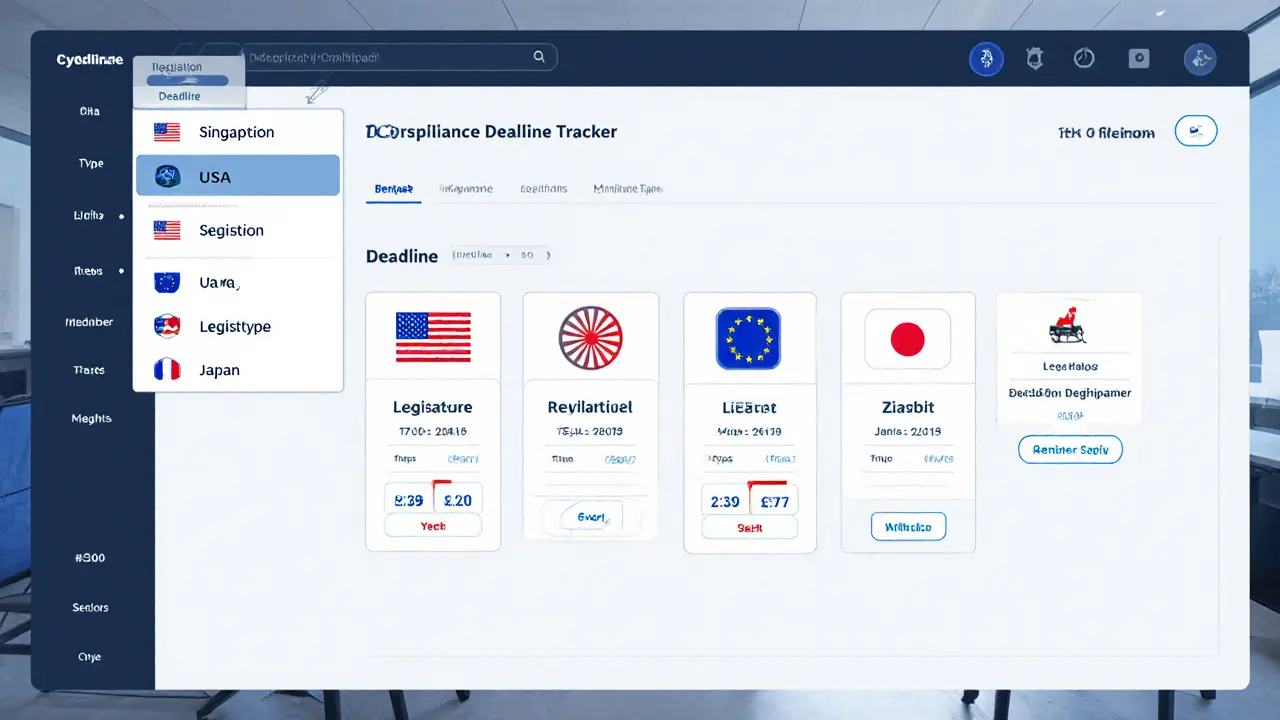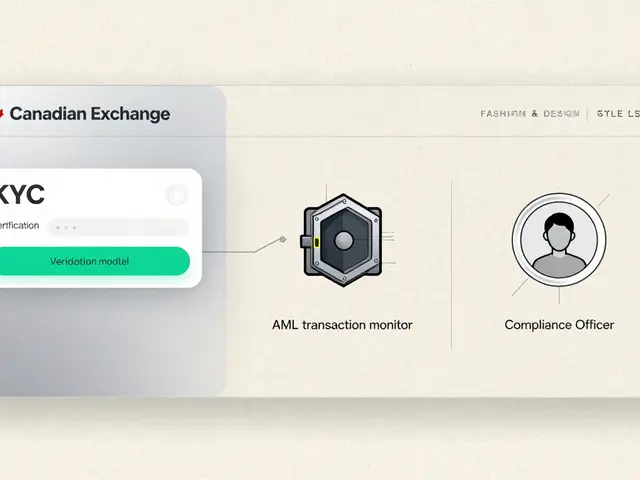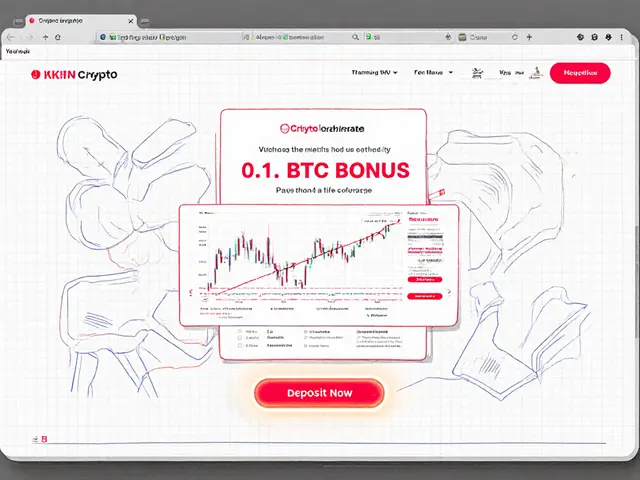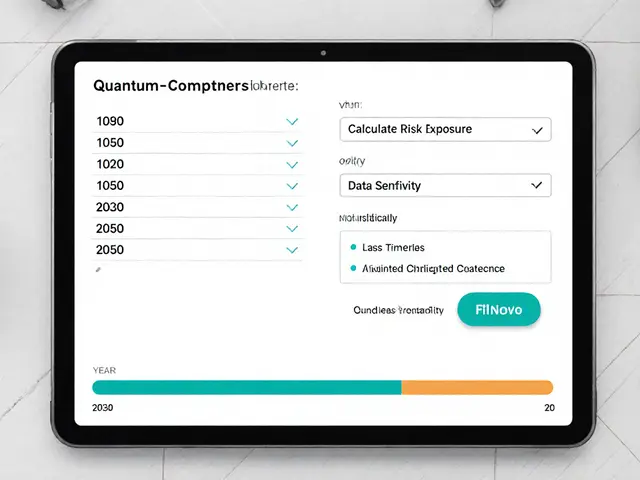Crypto Regulations: Global Rules Shaping the Crypto Market
Understanding crypto regulations is essential for anyone trading or building on blockchain.
When working with crypto regulations, the set of laws, guidelines and enforcement actions that govern how digital assets are created, traded and taxed worldwide. Also known as cryptocurrency regulatory framework, they dictate who can operate, what taxes apply, and which activities are off‑limits.
Key Areas of Crypto Regulation
A core pillar is crypto licensing, the approval process that exchanges, custodians and service providers must pass to operate legally. Also called exchange licensing, it often requires capital reserves, AML/KYC procedures and regular audits. This means that without a proper license, an exchange can be shut down in minutes, and users may lose access to their funds.
Another hot topic is mining bans, government orders that restrict or prohibit cryptocurrency mining in certain jurisdictions. Countries like Norway have introduced temporary bans to protect renewable energy grids, while others use bans to curb illegal electricity use. When a mining ban hits, it directly reduces hash rate, which can shift market dynamics and price movements.
Tax treatment is also a big piece of the puzzle. crypto tax treatment, the rules that define how spot trades, staking rewards and mining income are reported to tax authorities, varies widely. In the US, spot trades are treated as capital gains, while some countries classify them as ordinary income. Getting the tax right can mean the difference between a clean return and a costly audit.
Finally, many businesses need a VASP license, a virtual asset service provider registration that authorizes crypto firms to operate in a specific country. Nations like Nigeria and Indonesia require VASP licenses to ensure compliance with anti‑money‑laundering standards. Without it, a crypto startup can’t legally offer services, attract investors, or open bank accounts.
These entities interlink: crypto regulations encompass licensing requirements, dictate tax treatment, and can impose mining bans that reshape supply‑side dynamics. They also require VASP licensing for service providers, tying compliance to everyday business operations. Understanding how each piece fits helps you navigate risk, spot opportunities, and stay on the right side of the law.
Below you’ll find a curated set of articles that break down each of these topics, from UAE’s 2025 licensing roadmap to Norway’s mining ban strategy, and practical guides on tax reporting and VASP applications. Dive in to see how the rules affect your crypto moves.
Russia Legalizes Crypto Mining to Aid Sanctions Evasion - What It Means
Russia legalizes crypto mining, enabling a ruble‑backed stablecoin and new sanctions‑evasion routes, while the US and UK tighten crypto sanctions.
View MorePayment Services Act Crypto Rules: Key Requirements for 2025
A clear guide to the Payment Services Act crypto provisions across Singapore, the US, EU, and Japan, covering key deadlines, licensing, technical duties, and a practical compliance checklist.
View More





